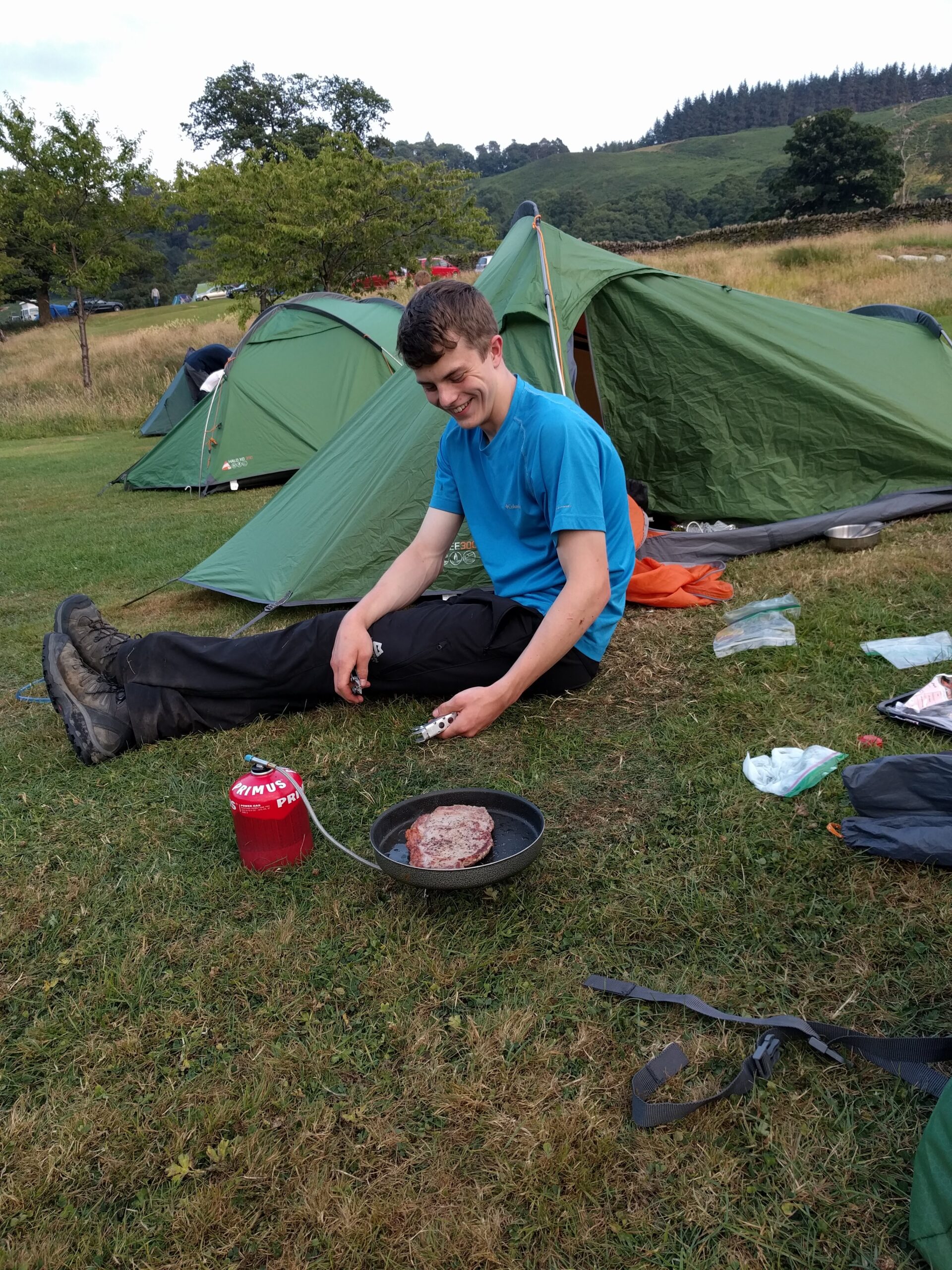Physics
Entry Criteria
Grade 6/6 in GCSE Combined Science or a Grade 6 in GCSE Physics
Examination Board
- AQA
Click here to visit the exam board course page for A Level Physics.
Teaching Staff
- Mr Robinson
Possible career sectors include:
- Aerospace Engineer: Designing and developing aircraft, spacecraft, and related systems.
- Artificial Intelligence Developer: Designing the logic flow and processes of emerging AI technology to make it ethical and valuable for the future.
- Astrophysicist: Studying celestial objects, the universe, and its physical properties.
- Biomedical Engineer: Developing medical equipment and devices.
- Geophysicist: Studying the physical properties and processes of the Earth.
- Materials Scientist: Researching and developing new materials for various applications.
- Meteorologist: Studying weather patterns and making forecasts.
- Nuclear Engineer: Working on the design, development, and operation of nuclear power systems.
- Research Scientist: Conducting scientific research in various fields.
- Software Engineer: Developing software and computer systems.
-
University Professor: Teaching physics and conducting research in academia.
These are only a fraction of the careers on offer to people who study Physics.
What do our students say about Physics?

Faye (left) tailored her EPQ to her desire to enter the motorsport industry, looking at the environmental and technical developments in Formula 1.
A Level Physics is one of the most interesting subjects as it has a complete variety of topics from mechanics to theoretical physics, which allows you to see snapshots of different career paths within the field of physics. I also found physics to be particularly rewarding as you learn hard concepts throughout the course but with the help of our dedicated physics teachers you will succeed in understanding and be able to answer complex questions.
When starting in year 12 I wish I knew that only leaning the facts before a test like you used to in GCSE doesn’t work for an A Level exam. In reality you have to know the facts to be able to apply it to more complex questions so its important to do as many practice questions as you can, however the art of answering A Level questions doesn’t always come easily so make sure you ask for as much help as you need.
You don’t need to be perfect at the start!
I would tell any prospective Year 12’s to keep up with revision throughout the year, make sure you use frees and time outside of school to answer questions and make clear revision notes. However, I would also tell them to not put too much pressure on themselves at the start as making the change from GCSE can take time but with a bit of hard work it will all eventually click.
I studied Maths and Chemistry alongside Physics at A Level, and did an EPQ in developments motorsport technology and how this can offset the environmental impact of the sport. I plan to go to university to study mechanical engineering, with the aspiration of a career in automotive or motorsport engineering.
I just found A Level Physics interesting, in the same way as my other subjects. It was challenging, making it fun to finally understand certain topics that I previously I struggled with. Furthermore, the teachers were great and always found time to help, this was the same for my other subjects too.
I wish I was more prepared going into Year 12, people had warned me it was hard some even saying harder than doing a degree. However, I didn’t realise just how much of a step going from Year 11 to Year 12 was. I also wish I had focused more on my weaknesses in the beginning, which would have saved me a few sleepless nights later, seriously I’m not kidding my coffee intake became a running joke.
My advice to Year 12 is be organised. I remember coming up to key assessments in class and looking back at my old notes and just wondering what my notes meant Luckily, I had sorted out my organisation soon after, so the notes didn’t contain anything important or overly difficult for me to understand.
Also, make sure you are always on top of your work, you won’t believe how quickly you get swamped by work, although it has prepared me well for working for my apprenticeship. At the time of writing this I am currently working my way through a long to-do list and I am currently juggling two tasks for two different people from my company’s Carlisle office. While doing my Level 3 BTEC one thing I have realised is how high the standard of the teachers is at Crompton House and how they want nothing other than for you to succeed. That is just an appreciation I have come to realise after studying a Level 3 at another college.
I studied Maths, Physics and Chemistry at A Level along with doing an EPQ and Biology at AS.
After Sixth Form I got employed at Capita as an Apprentice Civil Engineer and I am currently helping to develop a 3D model, produce a sight clearance and plan and profile drawings. Since I started in October, I have become very proficient at using Civil 3D and I have been also asked to fix construction drawings a few hours before they were submitted, which is always fun when you suddenly have to drop what you’ve been doing and understand somebody else’s drawing. The project for which I am working on is a junction improvement scheme for M6 Junction 10 roundabout.
I was put onto a Level 3 BTEC course with a Level 3 NVQ, as per my company’s standard policy. However, I have managed to start the process of getting onto a degree course. Although my A Levels haven’t yet been overly useful on the BTEC, as all you really need in order to understand the course is the ability to write and do basic mathematics, they were crucial in me securing the Apprenticeship in the first place.




